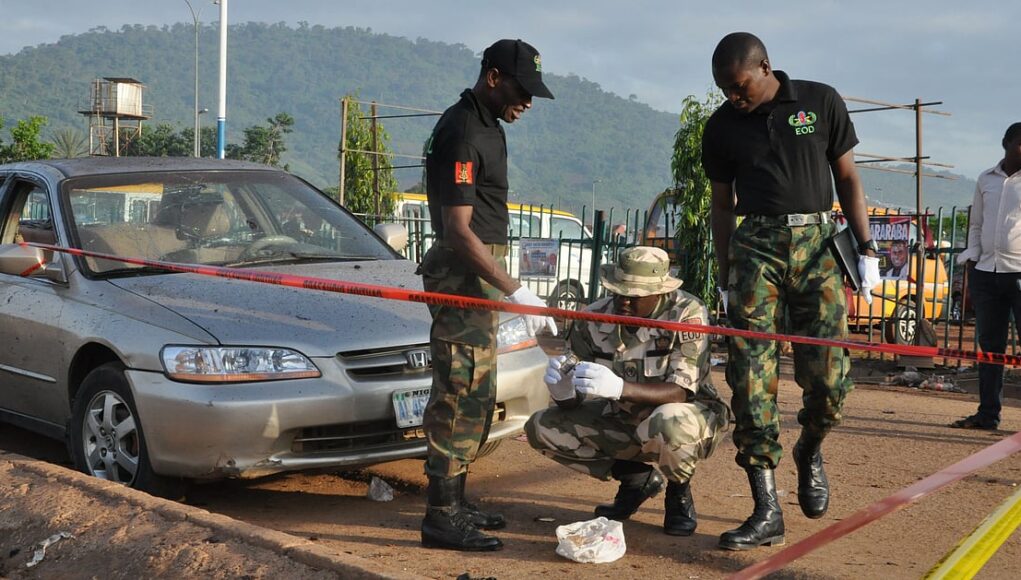Source : NEW INDIAN EXPRESS NEWS
Abba Modu, a member of the Civilian Joint Task Force, a vigilante group that supports the military in the fight against Islamic militants, said the explosives may have been intended for security operatives who regularly patrol the highway.
“Terrorists often plant IEDs in craters or under sand on severely damaged sections of roads, typically targeting soldiers,” Modu said.
The Islamic State West Africa Province, also known as ISWAP, claimed responsibility for the attack in a statement on Telegram on Tuesday.
The IS-linked group is an offshoot of Boko Haram, Nigeria’s homegrown jihadis who took up arms in 2009 to fight Western education and impose their radical version of Islamic law.
In 2016, ISWAP broke away from Boko Haram following a dispute over leadership and the strategy of attacking civilian targets such as mosques and marketplaces.
The conflict between Nigeria and Islamic extremists is Africa’s longest struggle with militancy. It has spilled into Nigeria’s northern neighbors Chad, Niger and Cameroon, and has left some 35,000 civilians dead and more than 2 million displaced, according to the U.N.
Nigeria’s northeastern region has been particularly hard hit by Islamic militant violence.
Earlier this month, a roadside bomb suspected to have been planted by Islamic extremists in northeastern Nigeria struck a passenger bus and killed eight people.
On Tuesday, the Nigerian military appointed a new commander, Maj. Gen. Abdulsalam Abubakar, in the fight against Boko Haram and the Islamic State West Africa Province insurgencies in the northeast, the spokesperson for the operation said in a statement.
SOURCE :- NEW INDIAN EXPRESS







